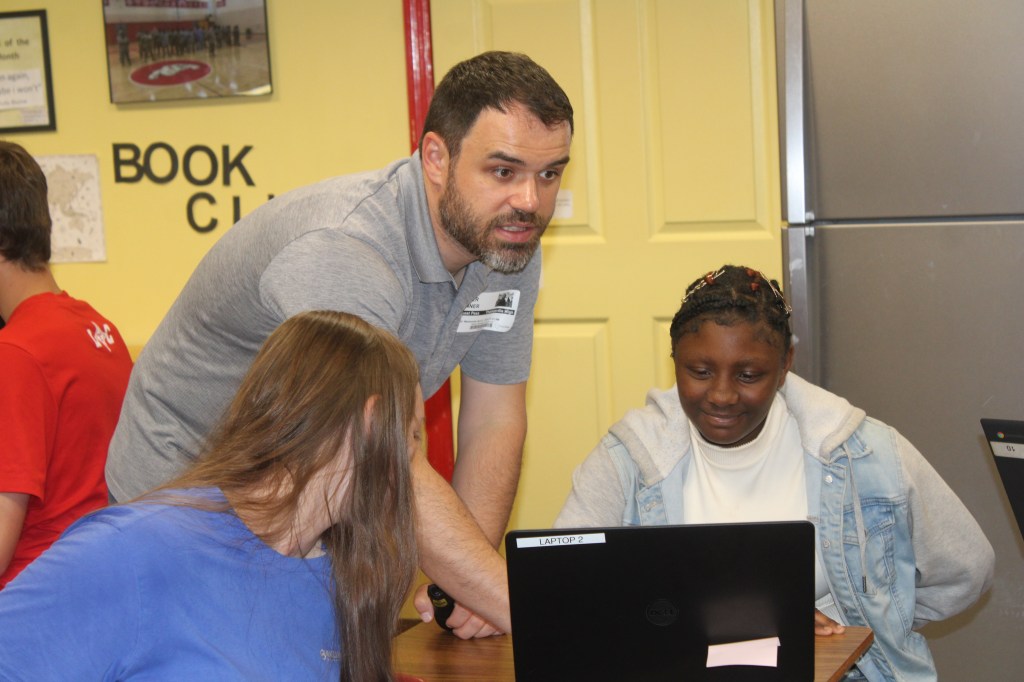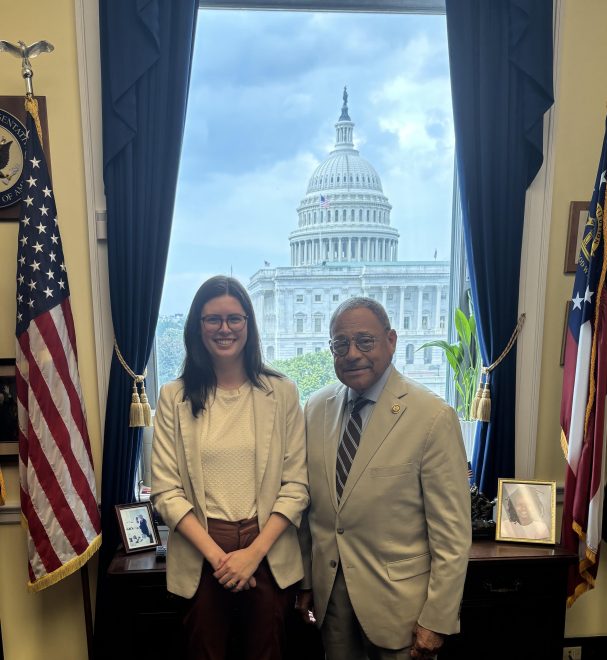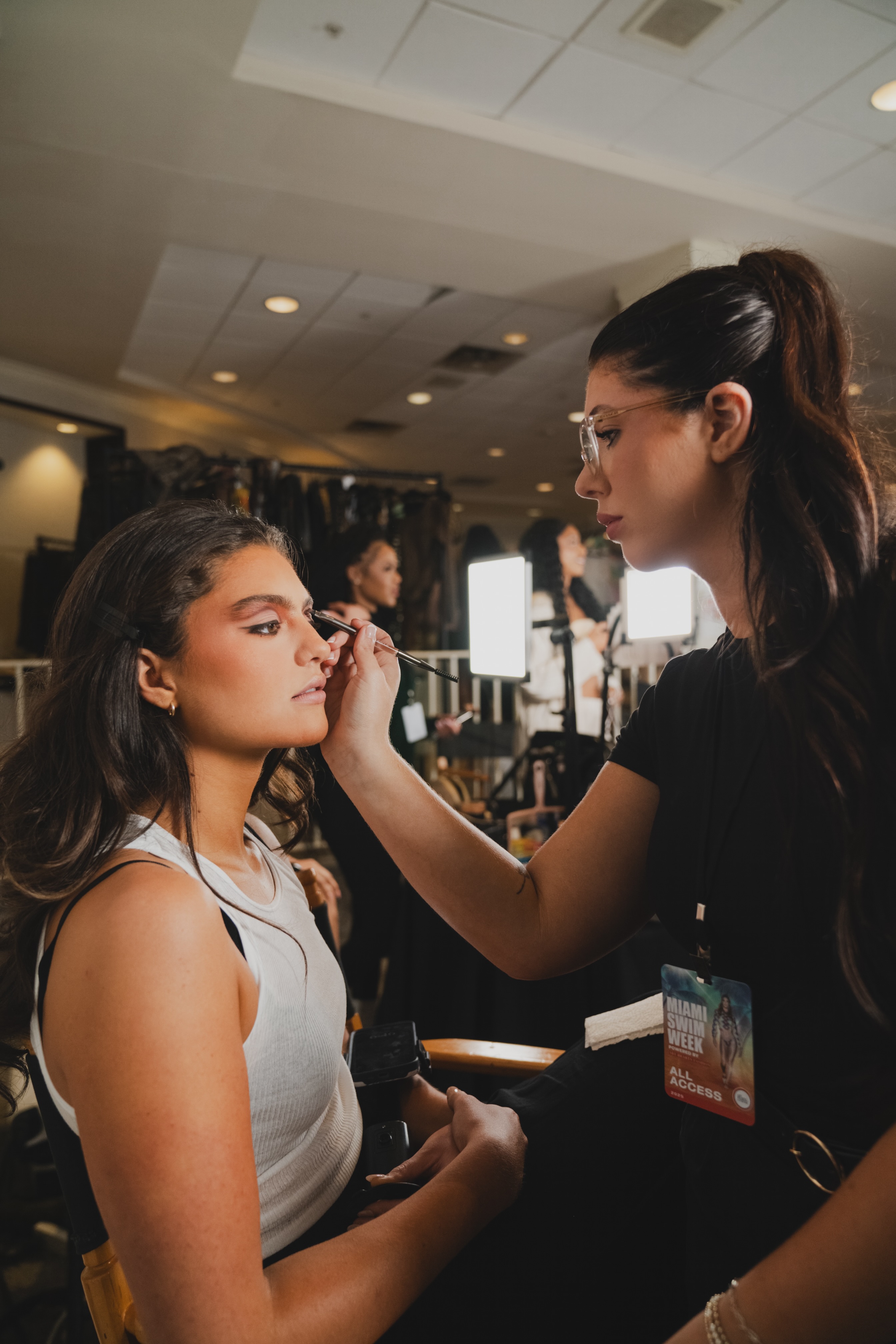THS partners with Ga. Tech for cybersecurity lesson
Published 12:49 pm Tuesday, April 8, 2025

- WALKING THEM THROUGH IT: Tyler Kinner, Research Scientist at Georgia Tech, walks students through the next step of their ethical hacking activity. (Jill Holloway/The Thomasville Times- Enterprise)
THOMASVILLE—Students from Thomasville High School’s AFJROTC program recently played the role of ethical hackers in an activity led by Tyler Kinner, a Research Scientist with Georgia Tech’s Research Institute.
According to Ashley Palmer, Coordinator of STEM, CTAE, and Career Development, several teachers attended a Rural Computer Science Training class at Georgia Tech, where they met Kinner. From there, they heard about his activity offerings and partnered to provide students with a challenge to hack into Georgia Tech’s George P. Burdell’s Laboratory and take control of an Internet of Things (IoT) device just like real-world penetration testers (pen testers). When successful, the students can turn on light bulbs and change their colors from a remote location.
The pen testers were AFJROTC students, as cybersecurity seamlessly connected with the work they would do in the field.
Trending
“STEM is a huge part of AFJROTC,” Palmer said. “We felt like this would be a great landing spot for students who have never been exposed to computer science to learn about cybersecurity.”
THS JROTC Capt. Veronica Parnell and Master Sergeant Richard Cleary said this was a new opportunity for their students as they had never done anything like this before, but felt many of the students were intrigued.
“I think the students have really enjoyed it, and it’s made them focus a lot,” Cleary said. “They’re realizing the Internet is not just a webpage, but it’s showing them behind the curtain and what hackers can do.”
“I think it was a great thing for our students,” Parnell added. “In JROTC, we teach life skills and this is another life skill they’ve now learned. It aligns with the idea of our Bulldog+1 initiative, showing them they can not only do this in college, but in the military.”
Students interested in cybersecurity also can receive certifications, and some don’t require a college degree, giving every child the opportunity to pursue this interest. That realization sparked an interest in many, according to Palmer.
“We had a vast majority of the students today turn on the lightbulb, creating a literal lightbulb moment for them,” Palmer said.
Trending
Parnell was also excited to see that moment, explaining it provides her with a unique perspective when she takes students to visit colleges.
“Usually when we take the students, the colleges and universities always focus on the military piece, but not everyone wants to go into the military, so this will broaden the horizon.”
Cleary agreed, sharing there are countless opportunities available with the Department of Defense and in the field of cybersecurity. He also added that cybersecurity certifications are paid for by the military, and they are invaluable once students leave the military, as the knowledge gained can be used in any field.
“Those skills transfer really well,” he said.
As students continue to learn about cybersecurity, Cleary hopes to see the students learn skills that will prepare them for daily tasks, such as how to set up their home Wifi router securely, and knowing what to send via Email on public Wifi.
With the success and excitement created from the activity, Palmer said Computer Science will now grow into a pathway for students to choose, as THS hopes to continue its partnership with Georgia Tech to help innovate and inspire.
Kinner said he would be more than happy to continue working with schools in Thomas County, as this was his first time in the City of Roses.
“I just want them to understand that technology isn’t a black box,” he said. “I think they would be surprised that just by a little bit of research and problem solving how much they can actually figure out about the technology we use every day and its vulnerabilities.”
Of course, his main goal is to interest students in a career pathway involving cybersecurity.
“There’s so many open positions in cybersecurity that there aren’t enough qualified individuals for,” he said. “It would be a phenomenal path for so many students. You don’t need a four-year degree.”
Students were equally excited to see this pathway expand.
Freshman Zadaryus Peeks said what they learned was reminiscent of the coding studied in the GATES program years ago, which brought back memories and excited him for the future.
With a new vision, Palmer is thrilled to begin sharing information about the upcoming pathway as it becomes available.





